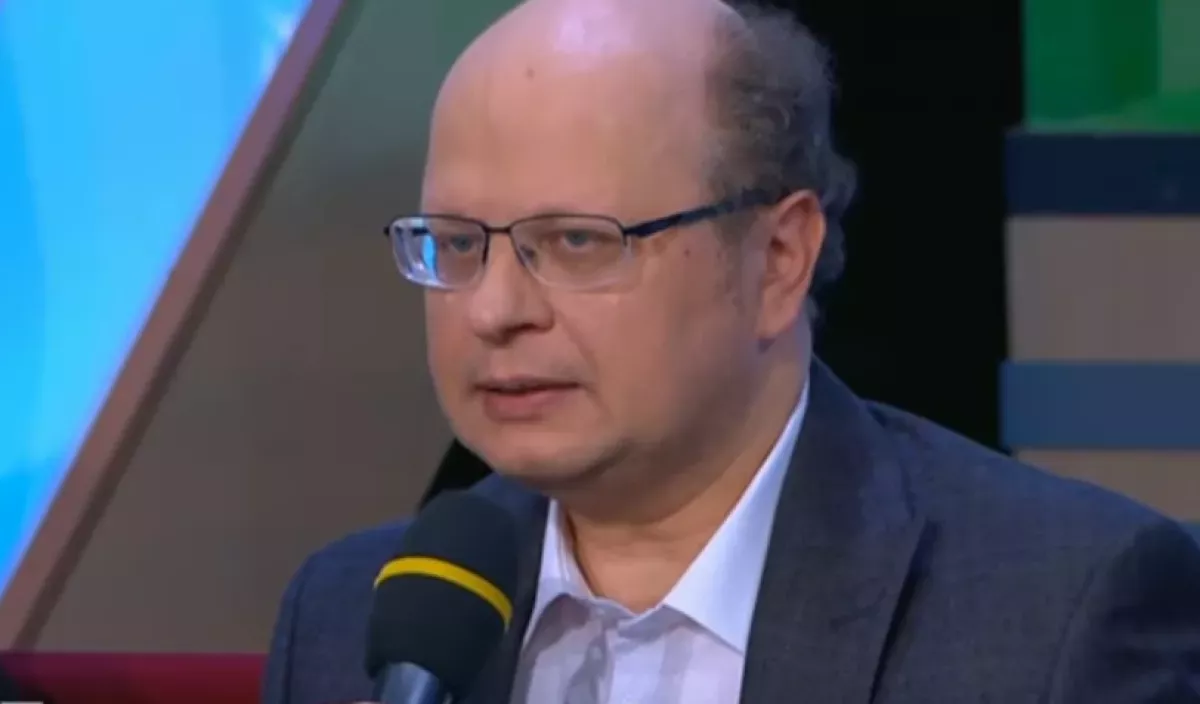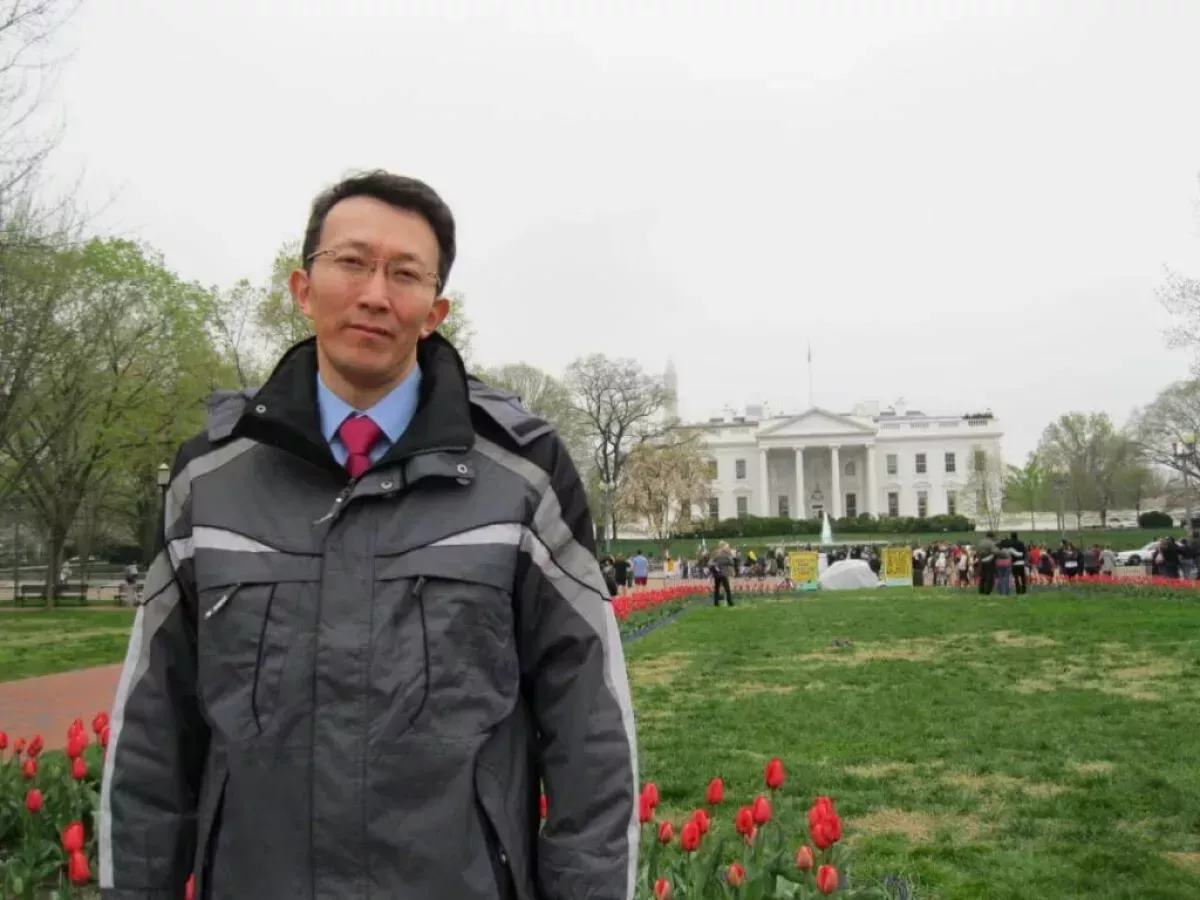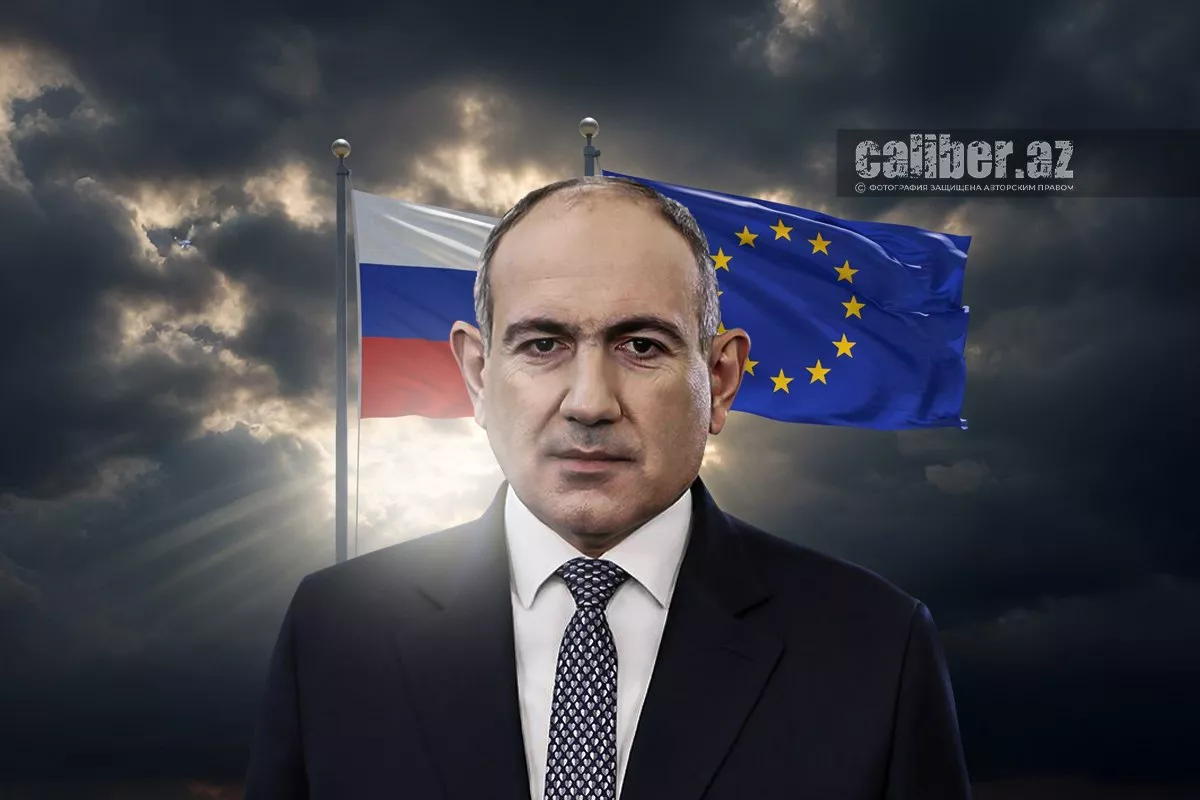Church, business, Lavrov: The triangle of pressure on Pashinyan Expert opinions on Caliber.Az
The Russian trace in the organisation of an attempted coup in Armenia is becoming increasingly evident. Several factors point to this, including a statement made by Russian Foreign Minister Sergey Lavrov during a press conference following the meeting of the Council of Foreign Ministers of the Collective Security Treaty Organisation (CSTO) held in Kyrgyzstan.
Lavrov stated that attacks on the Church in Armenia are a cause for concern, adding, “We [Russia] would very much prefer that the Church not be subjected to unjustified attacks without serious grounds.” “We are not exerting any pressure on Armenia’s ruling circles; we will wait for clarity on all these issues. But everyone understands: if Armenia turns away from its allies, closest partners, and neighbours, it is unlikely to benefit the Armenian people,” the Russian foreign minister added.
This statement from Lavrov drew an immediate response from Yerevan — Armenian Foreign Minister Ararat Mirzoyan advised his Russian counterpart not to interfere in Armenia’s internal affairs.
So, what plans might Russia be harbouring to destabilise the situation in Armenia? To explore this question, a Caliber.Az correspondent reached out to international experts and political analysts.

German expert Yevgeny Kudryats noted that tensions in Armenia have escalated significantly in recent weeks. Prime Minister Nikol Pashinyan has openly accused Russia of plotting a coup, as well as blaming the Armenian Church and a number of politicians and businessmen — including Samvel Karapetyan, a businessman holding a Russian passport.
“There is an unmistakable Russian trace in all of this,” the political analyst stated. “Propagandists like [Margarita] Simonyan openly call for the overthrow of Armenia’s current political system without mincing words. It’s also quite clear that Russia is extremely dissatisfied with Nikol Pashinyan and would prefer to remove him from power by any means necessary. In this context, it’s important to note the recent comments by Russian Foreign Minister Sergey Lavrov, who has openly interfered in Armenia’s internal affairs. Unsurprisingly, he received a direct response from Armenian Foreign Minister Ararat Mirzoyan, who told him not to meddle in the country’s domestic matters — a clear rebuke to a minister who, according to some reports, may have Armenian roots himself,” Kudryats added.
According to him, “Azerbaijan is not indifferent to what is happening in the neighbouring republic.”
“Pashinyan is a complex figure, but nevertheless, Baku — as far as I understand — is prepared to engage in dialogue with him. It will be a difficult and challenging conversation, but a necessary one. If there is indeed a Russian trace in the attempted coup, then Armenia’s law enforcement and security services must uncover it, as well as determine the role of the other accused individuals — including Samvel Karapetyan,” Kudryats stressed.
“There’s been an outcry in Russia — a ‘howl from the swamps,’ so to speak — with even celebrities like Philipp Kirkorov coming out in defence of the businessman. But ultimately, the court will decide — including Karapetyan’s place in all of this,” he concluded.

Farhad Kasenov, head of the A+Analytics research centre and a political analyst from Kazakhstan, believes that recent developments — particularly the attempted coup and the sharp escalation of hostile rhetoric from Russia toward Armenia’s current leadership — clearly highlight the complexity of the situation in the South Caucasus.
“Risks remain,” Kasenov noted, “although recently we’ve seen some very positive trends in the region, particularly regarding preparations for a peace treaty between Azerbaijan and Armenia. Both sides are gradually moving toward its signing. This agreement would formally enshrine the new balance of power in the region — one that emerged following Azerbaijan’s victory in the 44-day war of 2020 and the counter-terrorism operation in the autumn of 2023.”
“In my view, the Armenian side, led by Prime Minister Nikol Pashinyan, has managed to convince a large portion of society that revanchism or rejecting a peace agreement would lead nowhere. Armenia is currently going through a difficult period — both economically and politically — and it is vital for the country to integrate into new international initiatives, such as the Middle Corridor,” the Kazakh analyst emphasised.
He emphasised that this trend runs counter to Moscow’s interests: “Russia does not want Armenia to leave the familiar configuration it has been in for 30 years. Since the 1990s, as Russia gradually lost economic and political leverage in the region, it adopted a ‘divide and rule’ strategy. Moscow did everything possible to keep the South Caucasus in a state of permanent conflict, presenting itself as a ‘neutral arbitrator,’ but in reality siding with Armenia.”
According to the expert, this explains Russia’s long-term support for Yerevan, including arms supplies and military presence on Armenian territory.
“Russia deliberately fueled instability because it gave Moscow a lever of pressure over rapidly developing Azerbaijan. However, the decisive actions of Azerbaijan’s leadership and the strength and courage of its army have deprived Moscow of this tool,” Kasenov stressed.
According to the expert, the Armenian leadership then made a conscious decision: to abandon confrontation, acknowledge reality, and begin developing the country within internationally recognised borders.
“Of course, the Kremlin reacts very painfully to this rejection of confrontation. An especially irritating factor for Moscow is Nikol Pashinyan himself. He came to power as a result of the ‘Velvet Revolution’ — which in itself unsettles the Russian elite — and then openly declared the possibility of Armenia withdrawing from the CSTO, effectively calling into question the effectiveness of the alliance, since the organisation did not come to Yerevan’s aid at what he considered a critical moment,” Kasenov said.
Kasenov also noted that dissatisfaction in Armenia with Russia’s actions since 2020 has accelerated Armenia’s turn towards the West, particularly France.

“All this has caused alarm in the Kremlin. Russia, realising it is losing influence, might resort to extreme measures, including supporting forces capable of overthrowing Pashinyan and returning Yerevan to its previous course — these forces would immediately proclaim a revanchist agenda: escalating military rhetoric, rearmament, a new surge of tension, and possibly another war with Azerbaijan.
For our country, as well as other Central Asian states, it is important that the South Caucasus becomes not a battlefield, but a space for cooperation. A successful Middle Corridor is impossible without sustainable peace between Armenia and Azerbaijan. We support efforts aimed at reaching a final peace agreement. This is a real opportunity for the region to begin economic and humanitarian cooperation that will benefit all countries, including Kazakhstan,” Kasenov concluded.








